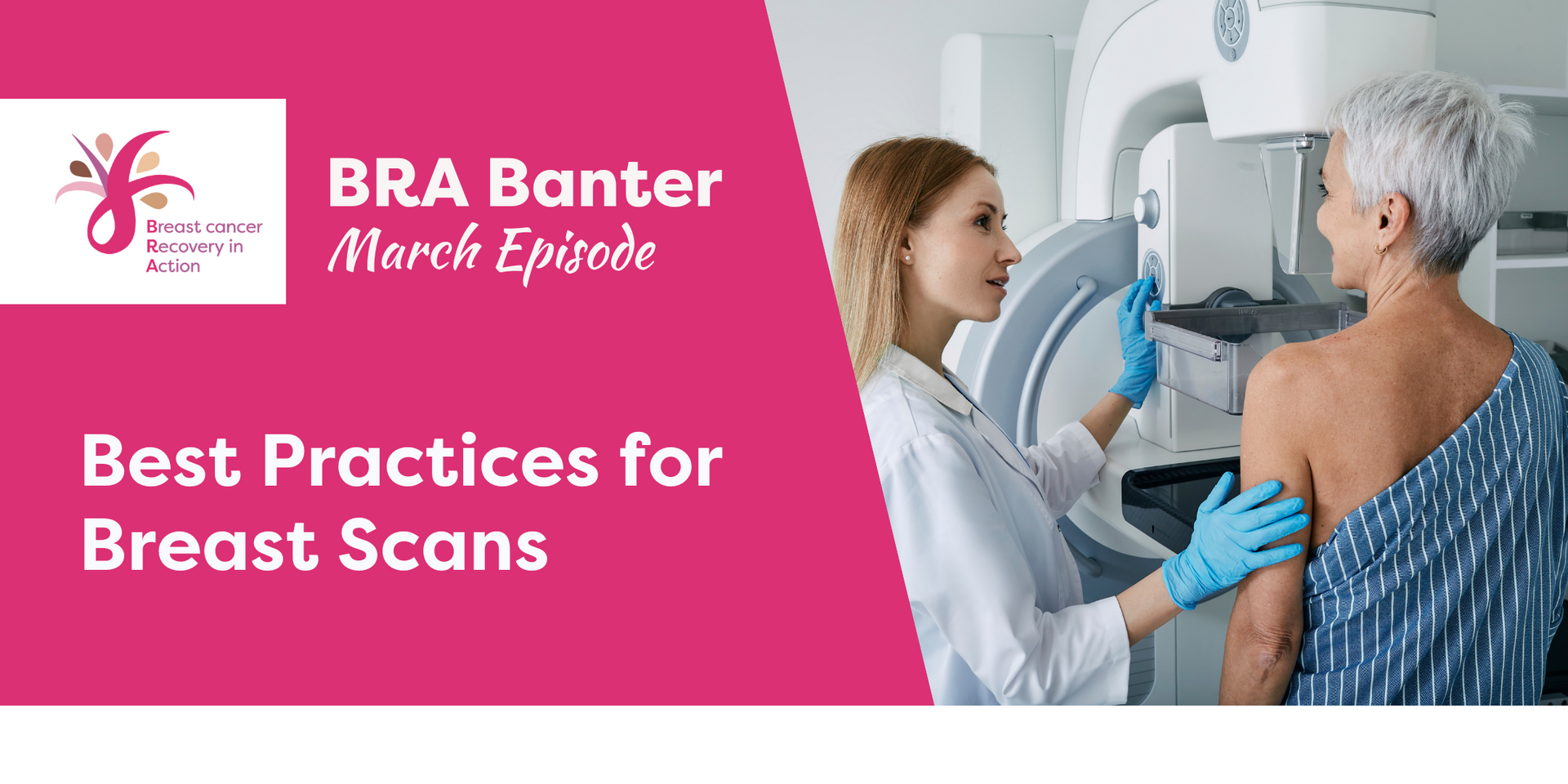Breast Cancer and Bone Health: Tips for Maintaining Strong Bones
Did you know that breast cancer treatments can have a negative impact on your bone health? In a recent edition of BRA Banter, we had the privilege of hearing from Dr. S.B. Tanner, MD, CCD, who shared valuable insights on how to keep your bones healthy after breast cancer treatment. Today, we want to pass on that knowledge and provide you with practical tips to maintain strong bones throughout your journey.
It's important to note that women without breast cancer or a history of breast cancer typically reach their peak bone mass between the ages of 25 and 30. After this point, bone mass gradually declines. However, there are several factors, unrelated to cancer, that can contribute to bone loss. One such factor is bariatric surgery, which can predispose women to developing osteoporosis.
What many women may not realize is that they can experience microfractures without any noticeable symptoms. To prevent such fractures and maintain optimal bone health, here are three essential steps to remember:
- Fall Prevention: Engage in regular exercise to strengthen your body and actively work on avoiding falls. Simple measures like using handrails and taking precautions can significantly reduce the risk of fractures.
- Nutrition: Adequate nutrition plays a crucial role in maintaining strong bones. Ensure you have sufficient vitamin D, specifically vitamin D3, which is primarily obtained from sunlight exposure. Calcium is also vital, but it's important to remember that our bodies can only absorb 400-500mg at a time. Therefore, spreading calcium intake throughout the day is recommended.
- Medications: Certain medications can help prevent bone loss and promote the formation of new bone. These medications are particularly important for women after menopause. It's worth noting that aromatase inhibitors are associated with accelerated bone loss, whereas Tamoxifen is not.
For additional resources and information on bone health, we recommend exploring the following:
- Bone Health Osteoporosis Foundation (BHOF)
- ISCD.org: On this website, you can take an 11-question test online to determine your FRAX score, which assesses your risk of fracture.
We are grateful to Dr. Tanner for sharing his expertise. As the Director of the Osteoporosis Clinic and Co-Founder of the Vanderbilt Asthma Sinus Allergy Program, his wealth of knowledge is invaluable.
Remember, taking proactive steps to maintain your bone health is crucial, especially after breast cancer treatment. By prioritizing fall prevention, nutrition, and considering appropriate medications, you can minimize the risk of fractures and enjoy a healthier, more resilient life.




